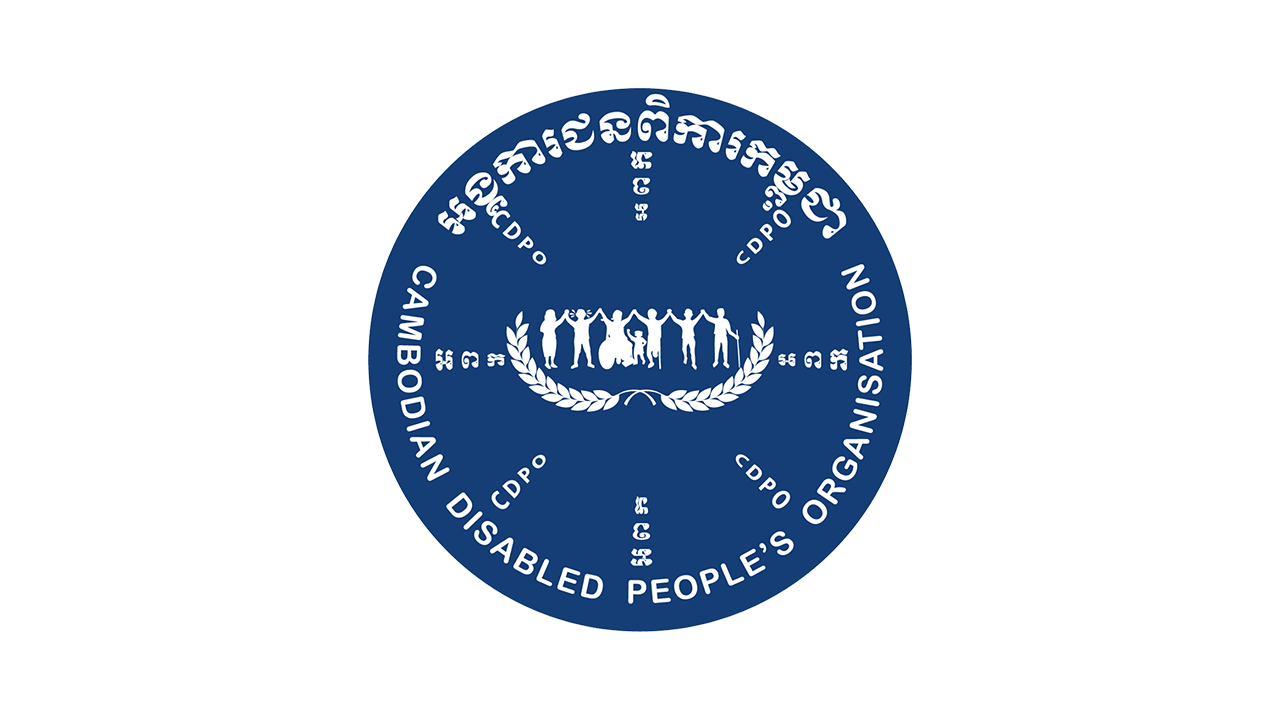The Incheon Strategy to “Make the Right Real” for Persons with Disabilities in Asia and the Pacific
The Incheon Strategy is the first ever set of disability-inclusive development goals for the Asian and Pacific region. The Strategy aims to support the rights of persons with disabilities in the region by outlining 10 goals that cover a range of development areas, from poverty reduction and employment to accessibility, social protection, education, gender equality, disaster risk reduction, data collection, CRPD ratification, and international cooperation.
Each goal includes targets and indicators to be used as part of monitoring and evaluation efforts. Of particular interest is Goal 2, which focuses on participation in political processes and in decision-making. Two targets are identified:
- Ensure that persons with disabilities are represented in government decision making bodies
- Provide reasonable accommodation to enhance the participation of persons with disabilities in the political processes.
Seven indicators for success are included as part of Goal 2, which include an examination of the proportion of seats or representation held by persons with disabilities in different types of government and political positions.
What is the general situation of persons with disabilities in the region?
Persons with disabilities are still among the most marginalized groups of people in Southeast Asia. It is not uncommon to hear of instances in which their rights were not fulfilled or respected. They are denied access to public facilities such as transportation, schools, buildings, and airports.
Education
Most children with disabilities do not enjoy their right to education. The 2010 Country Report on Human Rights Practices published by the U.S. Government mentions that in Indonesia, more than 90% of children who are blind are illiterate. In Timor Leste, most schools are not accessible and training and voca28 The 3rd Regional Dialogue on Access to Elections tional initiatives do not address the needs of persons with disabilities.
Employment
Most adults with disabilities do not have equal opportunities in employment. The report mentions that even though most countries have a law that ensures persons with disabilities are not discriminated against in the employment market, the government does not enforce such laws nor does it impose penalties on companies who do not comply with them. If persons with disabilities do obtain a job, it is common for them to make less than their equally qualified counterparts who do not have a disability.









